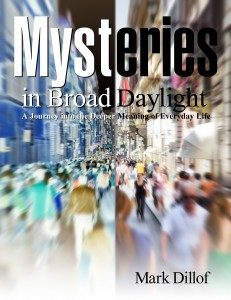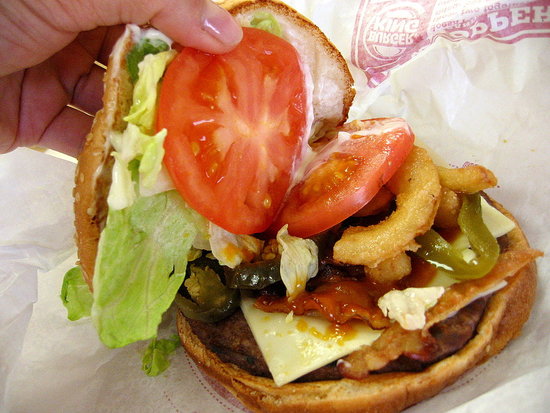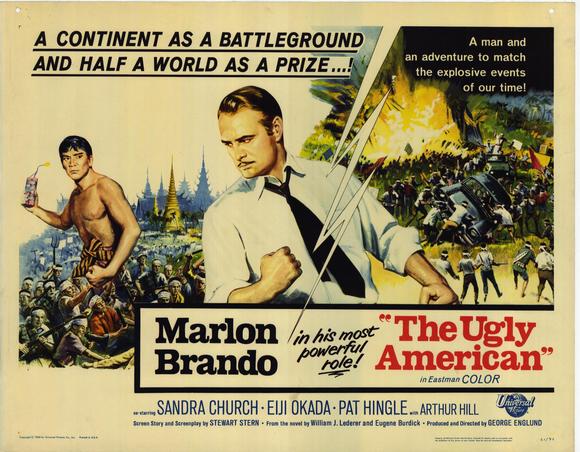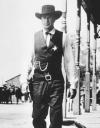If you haven’t seen the hit TV drama Mad Men, it’s about a New York advertising agency, in the year 1960. Its protagonist is a philandering advertising executive, named Don Draper. The other members of the firm are also philandering, but since this is a short essay, we’ll focus on Don Draper.
Don loves his attractive wife, but he cheats on her. Why? Obviously, for sexual satisfaction, but for other reasons as well. These include personal vanity; being a lothario is important to his self-image. Then there is the egotistical thrill of being naughty without consequence, as well as the excitement of evading detection. His overactive libido is also a product of the stress of his job, coupled with boredom, depression, emptiness and a need to distract himself from the deeper questions about life that are pursuing him.
There’s yet another reason for his unfaithfulness, and it’s the one that particularly interests us here. Although, on one level, Don is a loving husband and good father, he would appear to be running away from his wife. Even when he is physically with her, he eludes the emotional intimacy that she desires from him. His affairs with other women is really the flipside of his flight from his wife. It could be argued, though, that Don is a bit of a cold fish in general. For example, he heartlessly distances himself from his long lost brother, Adam, who had eagerly wished to reestablish relations with him. But our focus here will be on Don’s relation to women. What is he really seeking and what is he really running away from?
A Clue to the Whole Affair
Language can often offer clues to life’s mysteries. Consider the word “cheating,” a word most frequently used in the context of sports and games. How curious that it is also a synonym for adultery. It suggests that a marriage is a competition of some sort and that one can seek to gain an unfair advantage. The interaction between the sexes has, indeed, often been called a game, as well as a “battle,” when that interaction becomes more contentious. Sometimes it’s been thought of as a dance. But a dance — especially the Tango — often mimics a competition between man and the woman. In any case, the game-like dimension of male/female relationships suggests that there can be a winner and a loser.
What, though, does it mean to win? As we’ve previously discussed, feminine and masculine are two poles of reality. They are viewed mythically as Mother Earth and Father Sky. Or they can be viewed metaphysically as matter and form. Each one needs its polar opposite in order to be complete. But each wants to be the supreme principle. Is there any surprise, then, that there would be a battle of the sexes?
An aspect of this erotic battle involves the wife seeking to have her husband invest their marriage with ultimate importance. The husband, fearing the loss of freedom and masculine potency — that comes with domestication — wishes to regard his marriage as a significant dimension of his life, but not as ultimate. His wife can seek to draw him closer through a variety of means. Her cooking can, for example, addict him to life’s comforts. Furthermore, by agreeing with his opinions she can be for him an emotional refuge, from the cares and conflicts that fill his workday. He, on the other hand, can use his work and other interests to stay distant and so maintain his individuality. Among those other interests can be other women.
In a certain respect, Don Draper is fearful of his wife. What he actually fears is…
Would you like to read the rest of this insightful
essay? Then download a copy of
Mysteries in Broad Daylight!
Broad Daylight!
Hot off the virtual presses, after four years of intense research and writing! Dr. Mark Dillof has essentially written a detective manual, for those seeking clues to the most perplexing enigmas of everyday life. He initially planned to sell it at seminars, for $75, but a friend recommended making it available to a much larger audience of readers, by offering it as an e-book, for only $9.95. Read more about this amazing new book, at: www.deepestmysteries.com
Or you can…
Download for Barnes & Noble Nook
Mysteries in Broad Daylight contains:
- Powerful essays — like the one you’ve been reading, designed to help you decipher the meaning of everyday life, who you are and what it’s all about.
- Exciting dialogues — they will entertain you, but also make you think deeply about life.
- Exercises and questions designed to teach you the art of uncovering the deep meaning of everything — from the foods we eat to our conflicts at the workplace, from our problems on the golf course to life’s ultimate riddles.
- And much, much more!
Mark Dillof’s new book will awaken you to the mysteries of everyday life. Indeed, it’s likely to expand your consciousness 100fold, illuminate your world and blow your mind!
How much is a life-changing insight worth to you? $1000? $10,000? Priceless? Mysteries in Broad Daylight is overflowing with life-changing insights and all for only $9.99!
Read more about this amazing new book at www.deepestmysteries.com
Mysteries in Broad Daylight will soon be available in paperback, for $19.99.




